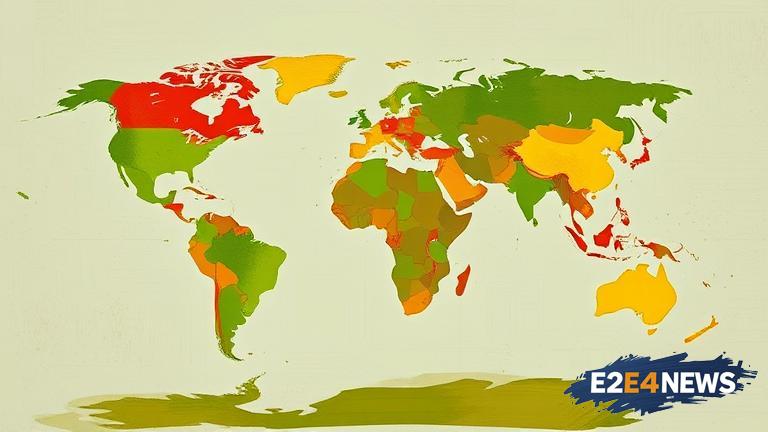The world has come close to eradicating polio, a highly infectious disease that can cause paralysis and death, but several challenges have hindered the final push towards elimination. According to recent reports, the global polio eradication initiative has made tremendous progress, with the number of cases decreasing by over 99% since the launch of the effort in 1988. However, the remaining cases are concentrated in a few countries, including Afghanistan, Pakistan, and Nigeria, where conflict, insecurity, and lack of access to healthcare have created an environment conducive to the spread of the disease. Furthermore, misinformation and mistrust of vaccines have led to a decline in immunization rates, allowing the virus to persist. The COVID-19 pandemic has also diverted resources and attention away from polio eradication efforts, exacerbating the situation. In addition, funding shortfalls have limited the ability of health organizations to implement effective vaccination campaigns and provide support to affected communities. The polio virus is highly contagious and can spread quickly, making it essential to maintain high immunization rates to prevent outbreaks. The World Health Organization (WHO) and other global health partners have been working tirelessly to address these challenges and overcome the obstacles to polio eradication. Despite these efforts, the disease remains a significant public health threat, particularly in areas with weak health systems and limited access to healthcare. The consequences of failing to eradicate polio could be severe, with the potential for the disease to spread to other parts of the world and cause widespread suffering. To overcome the challenges, it is essential to increase funding for polio eradication efforts, improve access to healthcare, and address the root causes of conflict and insecurity. Moreover, it is crucial to build trust in vaccines and promote accurate information to counter misinformation. The global community must come together to support the final push towards polio eradication, ensuring that all children have access to life-saving vaccines and that the disease is eliminated once and for all. The benefits of polio eradication would be numerous, including the prevention of suffering and death, the reduction of healthcare costs, and the promotion of economic development. In conclusion, while significant progress has been made towards polio eradication, persistent challenges must be addressed to achieve the ultimate goal of a polio-free world. The international community must remain committed to this effort, providing the necessary resources and support to overcome the obstacles and ensure that all children are protected from this devastating disease. With renewed efforts and a collective commitment, it is possible to eradicate polio and create a healthier, more equitable world for all. The fight against polio is a testament to the power of global cooperation and the importance of prioritizing public health. As the world continues to grapple with the challenges of polio eradication, it is essential to remain vigilant and dedicated to the cause, ensuring that the progress made so far is not reversed. The consequences of failure would be too great to bear, and the rewards of success would be immeasurable. Therefore, it is imperative that the global community comes together to support the final push towards polio eradication, providing the necessary resources, expertise, and commitment to eliminate this disease once and for all.
